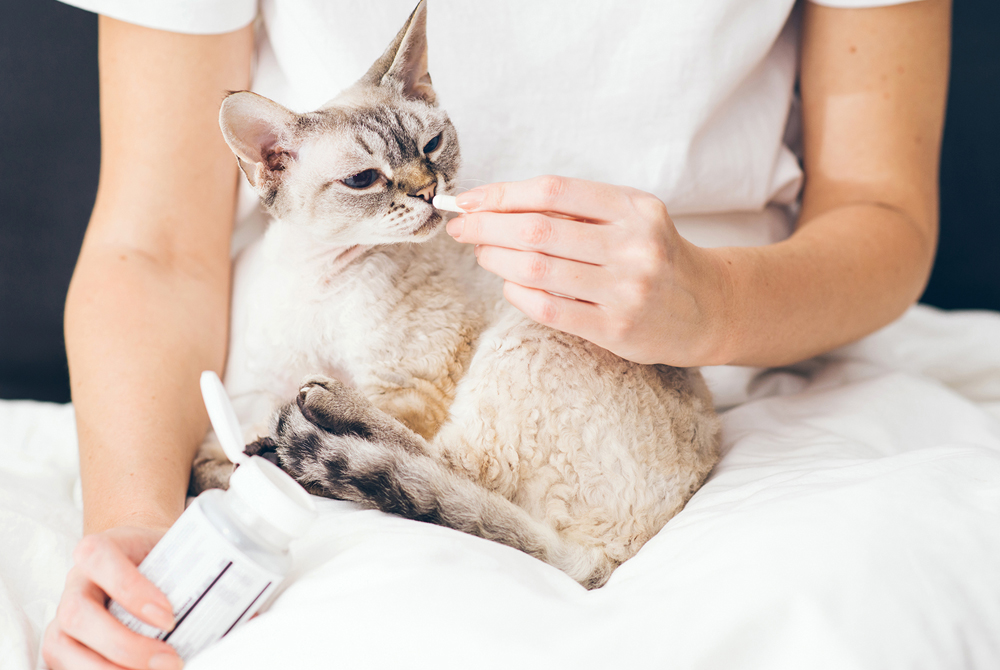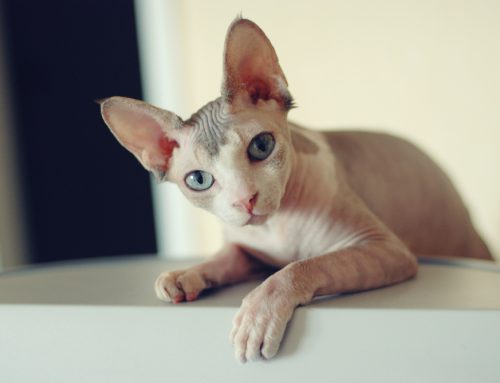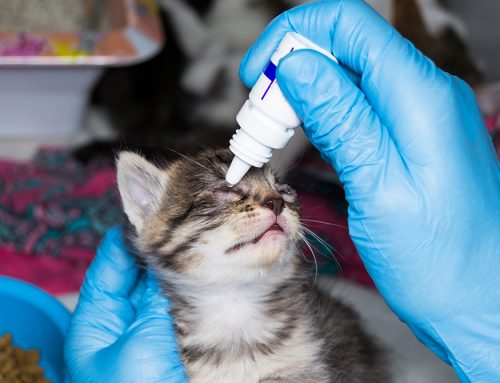What is Feline Urologic Syndrome (FUS)?
Feline Urologic Syndrome, also known as Feline Lower Urinary Tract Disease (FLUTD), is a term used to describe a variety of conditions affecting the lower urinary tract of cats. This syndrome can lead to urinary discomfort, frequent urination, and potentially serious complications if left untreated.
Symptoms of FUS:
- Frequent or painful urination
- Blood in the urine (hematuria)
- Difficulty or straining to urinate
- Urinating outside the litter box
- Licking the genital area excessively
- Loss of appetite or lethargy
Causes of FUS:
FUS can be caused by several factors, including:
- Urinary Crystals or Stones: Mineral deposits that form in the urinary tract and can cause blockages.
- Inflammation: Inflammation of the bladder lining, often associated with infections or irritants.
- Infections: Bacterial or viral infections that affect the urinary tract.
- Stress: Environmental or lifestyle changes that impact a cat’s overall health and urinary function.
- Dietary Factors: Certain diets may contribute to the formation of urinary crystals or stones.
Diagnosis:
To diagnose FUS, a veterinarian will conduct a thorough examination and may perform the following tests:
- Urinalysis: Analyzing a sample of urine to check for abnormalities.
- Ultrasound or X-rays: Imaging to detect urinary stones or structural issues.
- Blood Tests: To assess overall health and detect any underlying conditions.
Treatment:
Treatment options for FUS vary depending on the underlying cause and may include:
- Dietary Changes: Special diets designed to dissolve urinary crystals or prevent their formation.
- Medications: Antibiotics for infections, anti-inflammatory drugs, or medications to relieve discomfort.
- Fluid Therapy: To help flush out the urinary tract and restore hydration.
- Surgery: In severe cases, surgical intervention may be required to remove urinary stones or address structural issues.
Prevention:
Preventing FUS involves maintaining your cat’s overall health and addressing potential risk factors:
- Provide Fresh Water: Ensure your cat always has access to clean water to encourage hydration.
- Balanced Diet: Feed a high-quality diet tailored to urinary health.
- Stress Reduction: Minimize changes in your cat’s environment and provide a stable, enriching environment.
- Regular Vet Check-ups: Routine veterinary visits can help catch and address issues early.
When to Seek Help:
If you notice any symptoms of FUS in your cat, seek veterinary care promptly. Early diagnosis and treatment are crucial to managing this condition effectively.
Contact Us:
For more information or to seek urgent care for your cat, visit Mission Veterinary Clinic. We are located at:
Mission Veterinary Clinic
16915 San Fernando Mission BlvdGranada Hills, CA 91344
Phone: 818-363-8143
Note: Mission Veterinary Clinic operates as an urgent care facility and only accepts walk-ins. We do not schedule appointments. If you have concerns about your cat’s health, please visit us as soon as possible for evaluation and treatment.










Leave A Comment